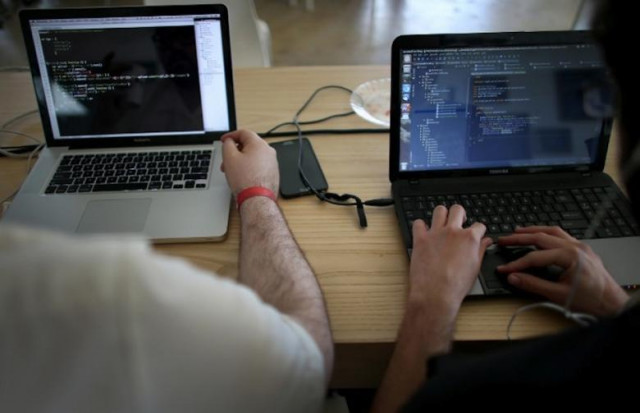Sharing OTP costs citizens dearly
Fraudsters using victims’ phone numbers for receiving activation codes

A number of citizens have reportedly been robbed of millions of rupees through fraud involving the use of their phone numbers for receiving the passwords of mobile banking applications.
According to the victims, the fraudsters called them and told them that they had entered the phone number by mistake while downloading the app. They were requested to forward the code.
The unsuspecting victims share the Personal Identification Number, allowing access to the app linked to their phone connection. The people involved in the scams give the phone number having one or two digits different from their own and claim to have entered the wrong numbers for receiving the codes by mistake.
Instances of fraud have increased as citizens have to install the applications of different banks and phone companies to shop online for food, groceries, jewelry, and make-up or carry out transactions from their accounts.
When an app is downloaded, a mobile phone number is required to receive the one-time password for activating it.
The FIA Cyber Crime Wing has received hundreds of complaints of such incidents.
Before the investigations, the phone companies mostly remain unaware of the fraudulent transactions.
FIA sources said the fraudsters were taking advantage of weaknesses in the online data security systems of some firms
The Lahore FIA Cyber Wing has received more than 100 complaints of the loss of over Rs100 million through the trick.
When contacted, FIA Cyber Crime Wing Director Abdul Rabb Chaudhry investigations launched after the complaints had revealed the details of the fraud.
He said the people should be cautious if they receive a password on their phones because someone with an illegal Sim would likely be involved in the scam.
The FIA has also informed the PTA and other agencies concerned about the crimes. Three people arrested so far are under investigation. Hundreds of illegal SIMs of various companies and equipment used by them has also been seized. An official said more arrests were likely in the case.
With cases of online fraud on the rise with the increase in the use of information technology. FIA Cybercrime Wing is receiving 15 to 20 complaints from people robbed of millions of rupees every day.
In most recent cases, the fraudsters contacted the victims using 'call masking'. The name of the FBR, SBP, bank or other institution appears on the mobile phone screen of the call recipient. The caller said suspicious transactions had been made from the account of the victim.
The callers have information about the bank branch, account and transactions, date of birth and educational qualification of the targets. As a result, even educated people share their bank information and in a few minutes, millions of rupees are transferred from their accounts.
According to FIA officials, the fraudsters have got thousands of SIMs of various mobile phone companies from fake biometric verification machines and stolen identity card data.
Using the SIMs, people are deprived of millions of rupees by offering online banking, ATM card, lucky draw schemes, income support programmes and prizes. The FIA Cybercrime Wing Lahore recently arrested 16 people involved in the fraud and seized hundreds of SIMs and biometric machines from them.
According to one of the complainants, Dr. Waheed, he also received a call with FBR displayed on the screen. He was given information that alarmed him and he gave his PIN code, after which Rs1.2 million was transferred from his account.
Another complainant, Khan Mohammad, revealed that his mobile phone SIM was locked by submitting a fake death certificate and a duplicate SIM of his number was issued.
Information related to his bank was received on the SIM and Rs2.1 million was withdrawn.
Published in The Express Tribune, February 25th, 2021.



















COMMENTS
Comments are moderated and generally will be posted if they are on-topic and not abusive.
For more information, please see our Comments FAQ